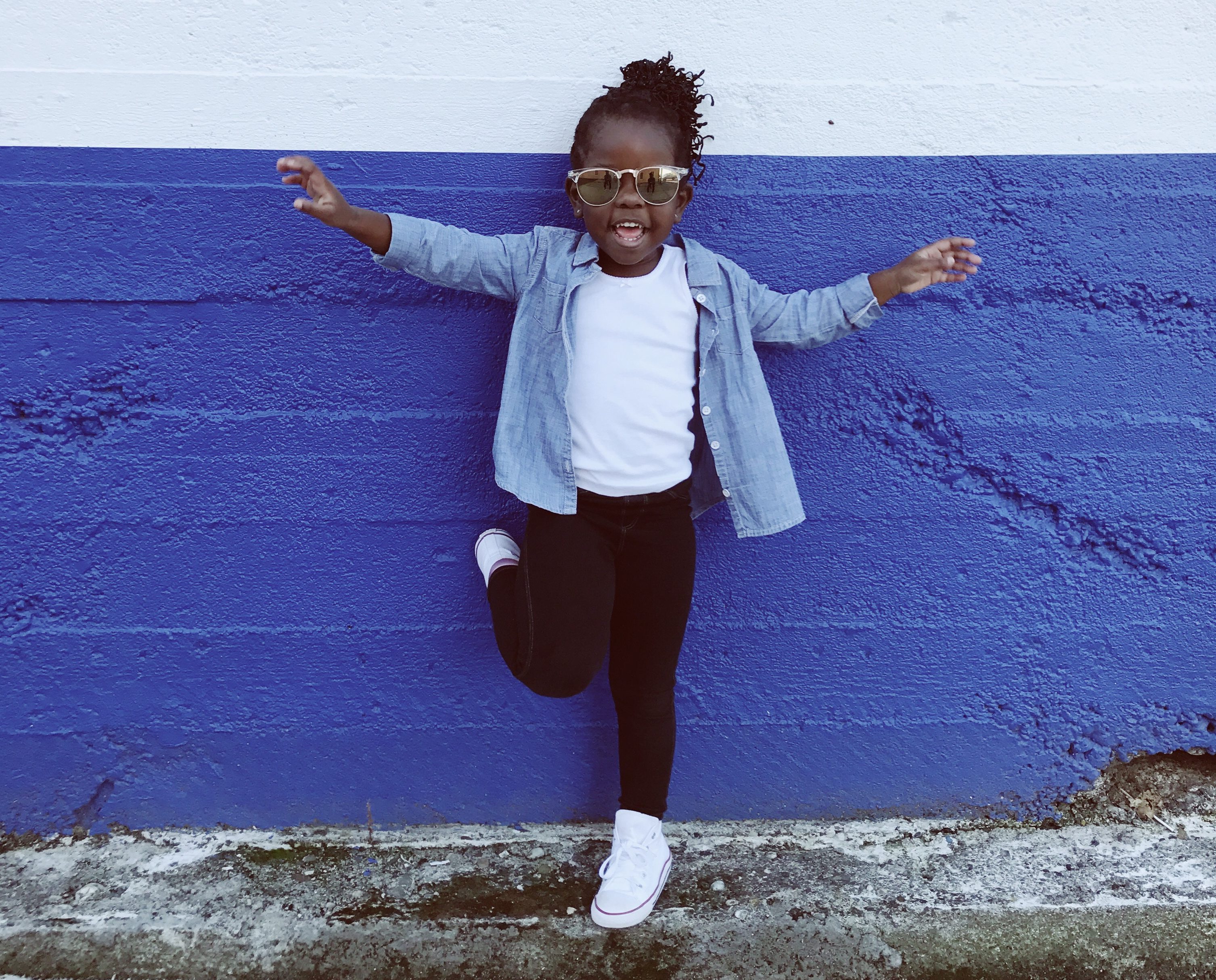The philosophy behind our curriculum is that young children learn best by doing. Learning isn’t just repeating what someone else says; it requires active thinking and experimenting to find out how things work and to learn firsthand about the world we live in.
In their early years, children explore the world around them by using all their senses (touching, tasting, listening, smelling, and looking).In using real materials such as blocks and trying out their ideas, children learn about sizes, shapes, and colors, and they notice relationships between things.
In time, they learn to use one object to stand for another. This is the beginning of symbolic thinking. For example, they might pretend a stick is an airplane or a block is a hamburger. These early symbols – the stick and the block – are similar in shape to the objects they represent. Gradually children become more and more able to use abstract symbols like words to describe their thoughts and feelings. They learn to “read” pictures which are symbols of real people, places and things. This exciting development in symbolic thinking takes place during the pre-school years as children play.
Play provides the foundation for academic or “school” learning. It is the preparation children need before they learn highly abstract symbols such as letters (which are symbols for sounds) and numbers (which are symbols for number concepts). Play enables us to achieve the key goals of our early childhood curriculum.
Play is the work of young children.
The most important goal of our early childhood curriculum is to help children become enthusiastic learners. This means encouraging children to be active and creative explorers who are not afraid to try out their ideas and to think their own thoughts. Our goal is to help children become independent, self-confident, inquisitive learners. We’re teaching them how to learn, not just in preschool, but all through their lives. We’re allowing them to learn at their own pace and in the ways that are best for them. We’re giving them good habits and attitudes, particularly a positive sense of themselves, which will make a difference throughout their lives.
Our curriculum identifies goals in all areas of development,
-
- Social: To help children feel comfortable in school, trust their new environment, make friends, and feel they are a part of the group.
-
- Emotional: To help children experience pride and self- confidence, develop independence and self-control, and have a positive attitude toward life.
-
- Cognitive: To help children become confident learners by letting them try out their own ideas and experience success, and by helping them acquire learning skills such as the ability to solve problems, ask questions, and use words to describe their ideas, observations, and feelings.
-
- Physical: To help children increase their large and small muscle skills and feel confident about what their bodies can do.
The activities we plan for children, the way we organize the environment, select toys and materials, plan the daily schedule, and talk with children, are all designed to accomplish the goals of our curriculum and give your child a successful start in school.
Creative Curriculum content provided by Teaching Strategies

